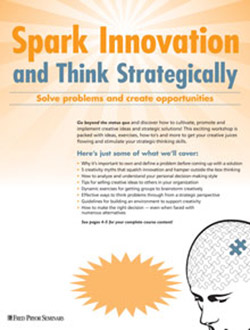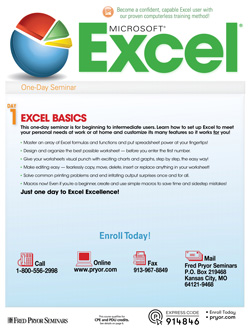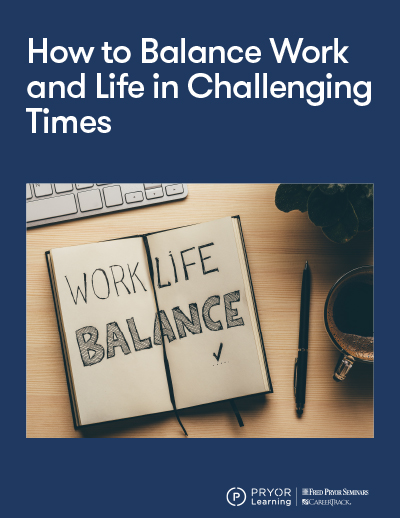Getting to Goals: A 5-Step Process
- Author: Sheryl McAtee
- Categories:
- Tags:
- Share on:
An effective goal setting process is more than just writing a new To-Do list. Instead, it involves reflection on the past and an honest assessment of values and upcoming priorities. This doesn’t require a long window of time, but it does benefit from a systematic process. In the next week, take one hour to write down responses to the following questions:
- What outcomes are you proudest of for 2021? Why? Writing down what you were proud of achieving last year, why those were important and can help you identify what is most important to you for the coming year.
- What unfinished projects remain? What do you regret? While not as pleasant a question reflecting on what was left undone or what has left you with some regret can help you identify priorities for the future or help reveal barriers to success.
- What categories of life were not included in answers to #1 and 2? Example of goal categories include professional, personal, relationship, spiritual, heath, recreational (fun) or financial goals. Looking at which of these categories were over and under-represented last year may help you identify blind spots or areas that may be overly emphasized to the detriment of others.
- What changes do you want to make? What excites you for the future? This is a good opportunity to brainstorm ideas for the upcoming year. Your desired changes and sources of excitement may be outcomes or achievements, investments of your time or new processes or habits. Notice whether your list is more process or product (outcome) based. Do you tend to see life more as a process or as a series of outcomes? Understanding your orientation to goals can help you develop statements that work for you.
- What goals are you ready to commit to? What goals are possibilities? Based on the responses to the first four questions, what do you really want to commit to for 2022? What goals might you want to consider but aren’t ready to commit to, for whatever reason? Pay attention to your gut reaction as you write items down. Do you feel a sense of excitement, purpose or obligation? If an item does not yield a positive emotion, try again – if you care enough about it to write it down but aren’t fully vested, it’s worth it to think though why.
This reflection activity is best completed in one sitting, in writing, as each question builds on the previous one. After completing the process, step away for a day or two and then reevaluate your “Commit To” list. Refine the list accordingly and then set a schedule to review monthly in 2022. At its best, this can become a pattern of reflection that builds confidence and promotes self-awareness throughout the year.
Choose a Seminar and Save $10
Spark Innovation and Think Strategically
1 Day
- CEU: 0.6
- CPE: 6
Team Training - Virtual or In-person

Dealing with Difficult People
1 Day
- CEU: 0.6
- CPE: 6
- HRCI: 5.5
- PDC: 6
- PDU: 6
Virtual Seminars:
-
Apr 22
-
Apr 24
-
May 1
-
+ 29 more dates
In-Person Events:
- Apr 23, Houston, TX
- Apr 24, Anaheim, CA
-
+ 2 more dates

Managing Emotions Under Pressure
Half Day
- CEU: 0.3
- CPE: 3
- HRCI: 3
Virtual Seminars:
-
Apr 23
-
Apr 23
-
Apr 29
-
+ 35 more dates

Strategies to Build Rapport and Work Well with Others
1 Day
- CEU: 0.6
- CPE: 6
Virtual Seminars:
-
Apr 17
-
Apr 23
-
Apr 29
-
+ 5 more dates

Developing Emotional Intelligence
1 Day
- CEU: 0.6
- CPE: 6
- HRCI: 5.5
- PDC: 6
- PDU: 6
Virtual Seminars:
-
Apr 18
-
Apr 22
-
Apr 24
-
+ 19 more dates







